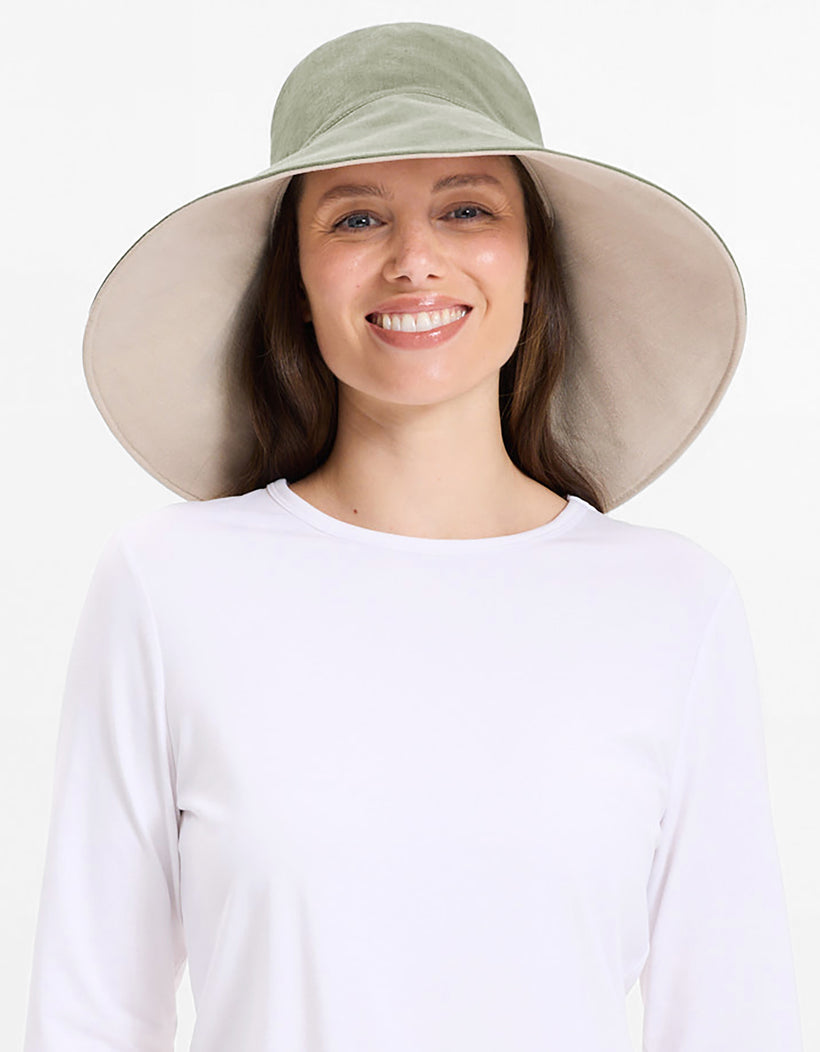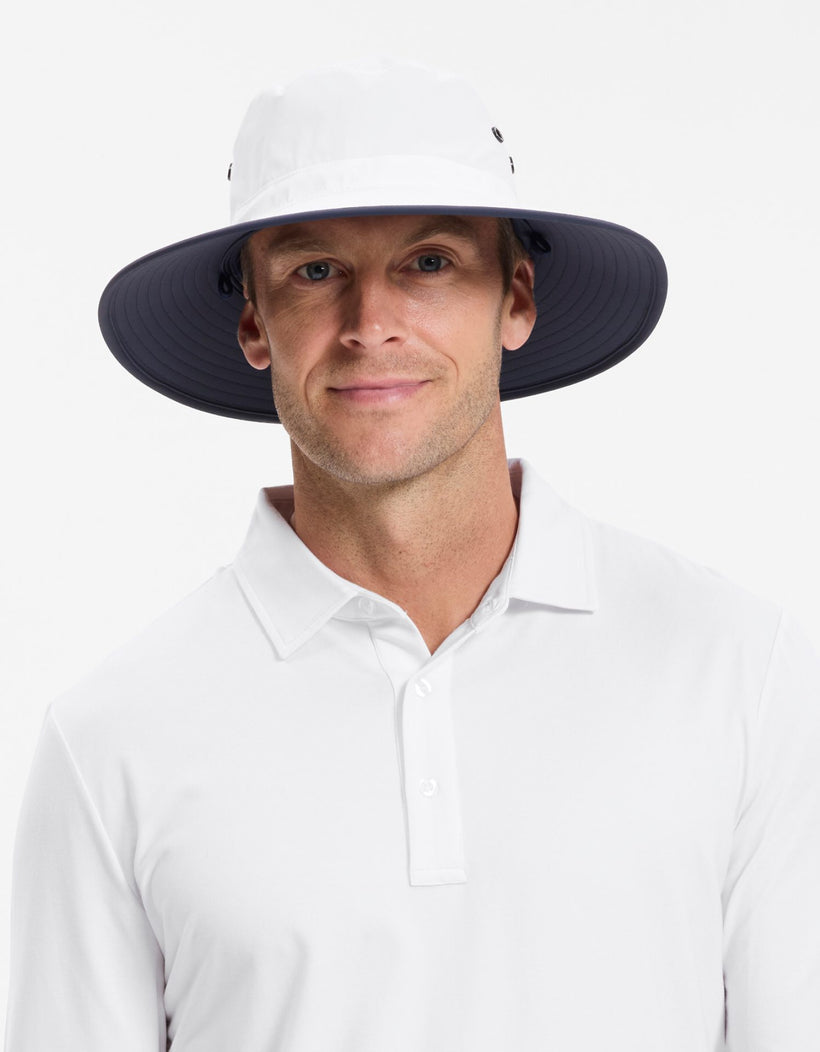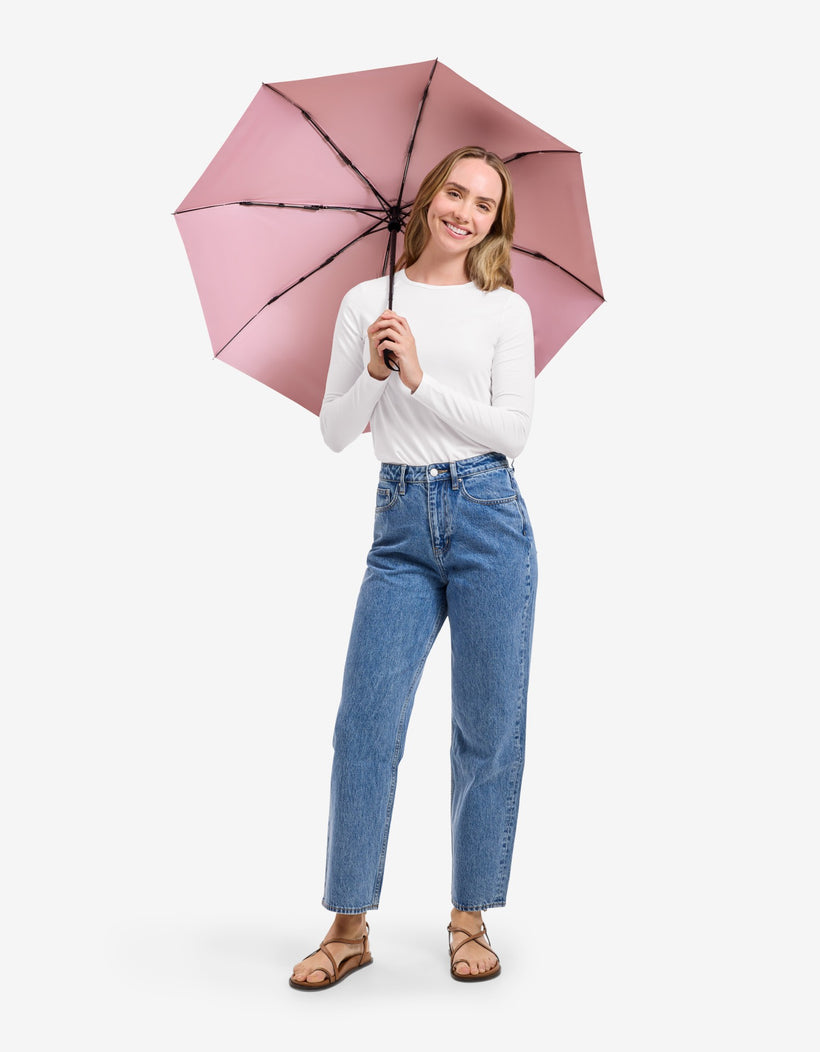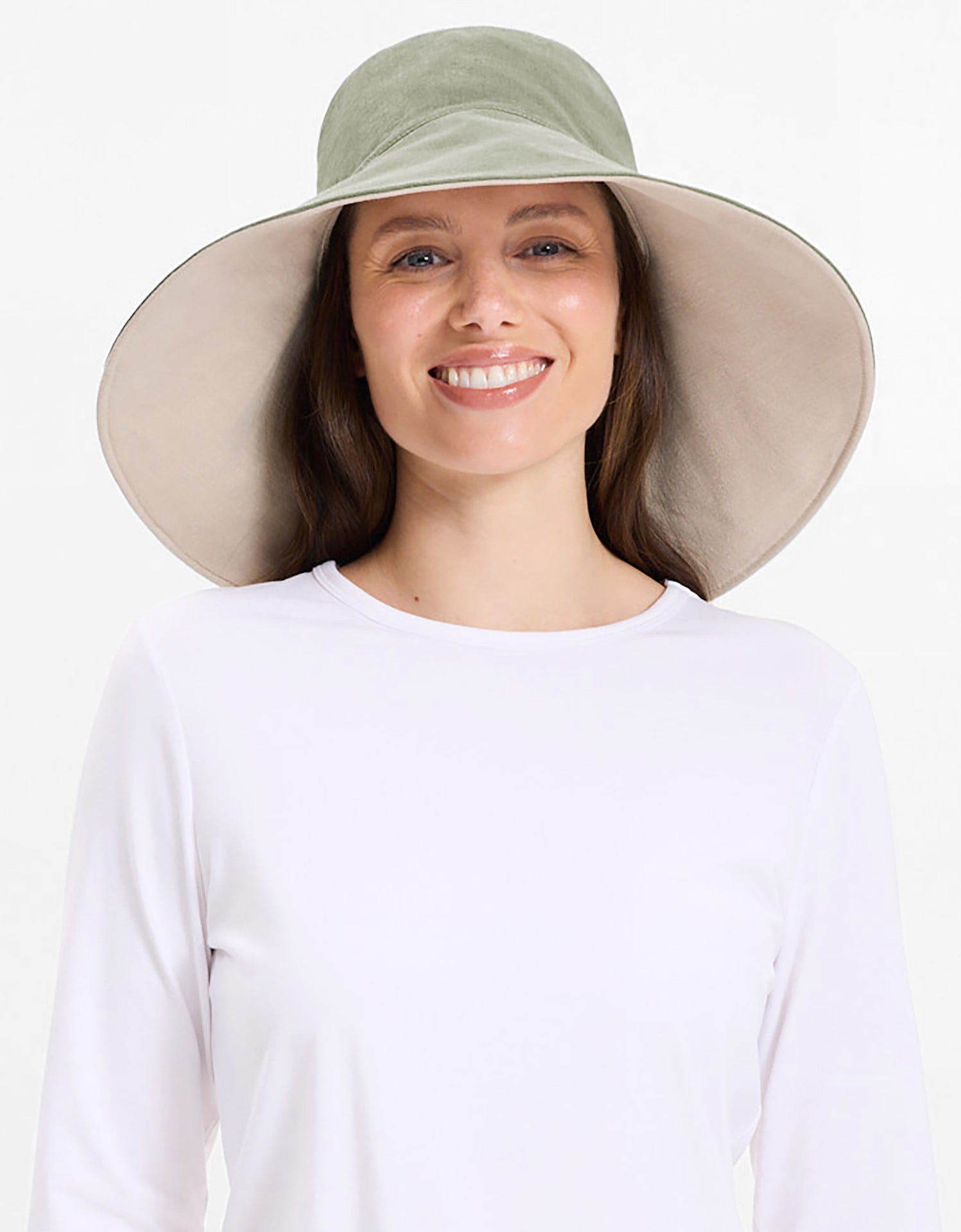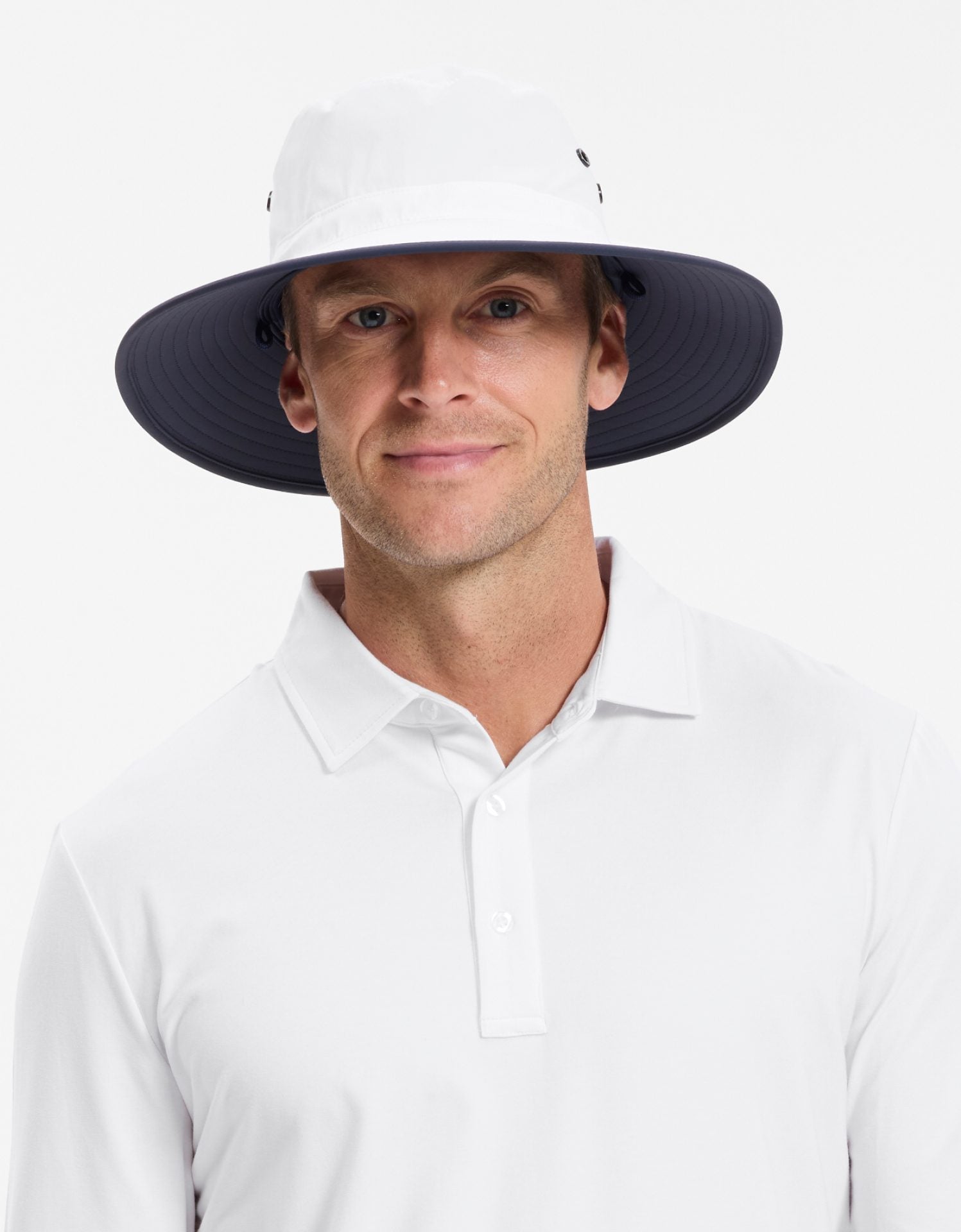Your Story Series: Meet Josefina
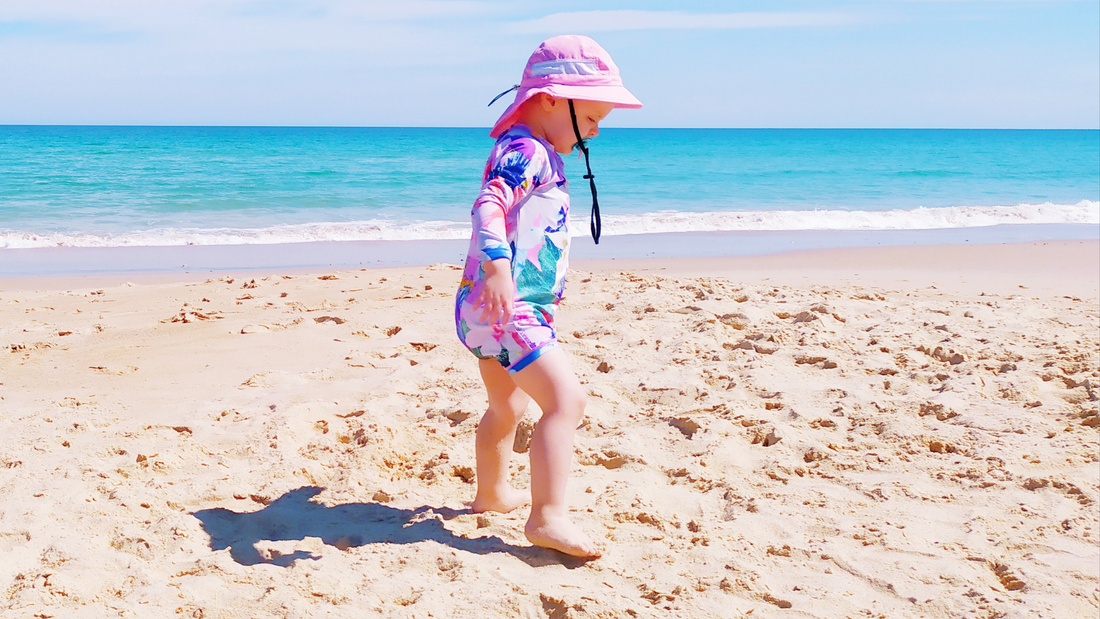
What is your name?
Hi, my name is Josefina Bertone.
Describe yourself.
I'm a 2-year-old happy baby who loves to play outdoors. I was born overseas; and more than a year ago I travelled 12,000 km to come to Australia and live in this beautiful country.
In Uruguay, there is no culture in relation to sun protection. Normally we protect ourselves from the cold or the wind, but not from the sun. Even more, we only put on sunscreen when we go to the beach and only if between 11 am and 3 pm.
When children play in the park or on the beaches they rarely wear hats, and with adults, the same thing happens. Skin cancer has increased noticeably in my country, but awareness has not grown as fast as it should.
What is your attitude towards sun protection today?
As soon as I got here my awareness about the sun protection started. I began to see that even as part of the school uniforms hats are worn. Both children and adults here use hats to enjoy the sun in a healthy way.
Every time I go to the beach I use my Solbari pink hat, which besides protecting my skin, makes me look great! To avoid premature ageing, and the accumulation of the negative effect of the sun, I always wear clothes with sun protection, and sunscreen.
Now I'm waiting for the arrival of my puppies, when they are here I will spend more time in the open air than indoors. Therefore, is very important to my parents that I get used and be always aware of the consequences of being exposed to the sun with adequate protection.
Solbari's clothing and hats models are great for the versatility of their design. I can wear my hat both on the beach with my bathing suit, and also at a birthday party wearing my favourite dresses and always look good.
Thank you Josefina (and mum Maria) for helping raise awareness for skin cancer, melanoma and skin conditions, and sharing your story with us and our Solbari Community.
